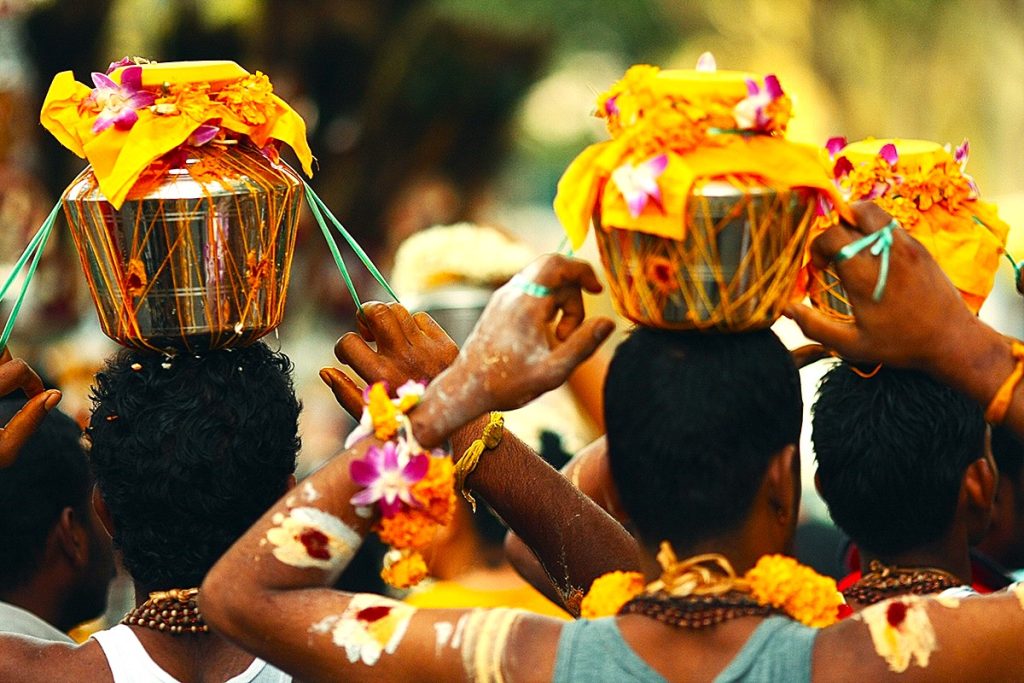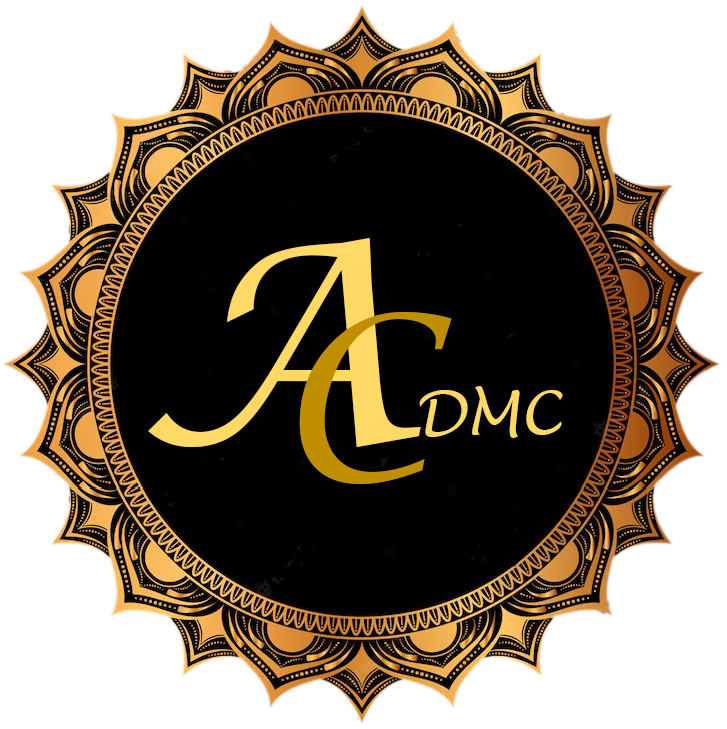
Singapore, known as the garden city, is a destination of luxury and modernity in Southeast Asia. Although small in size, this city-state offers a rich mix of cultures, world-renowned cuisine, and stunning futuristic architecture. At Asia Charm DMC, we design exclusive itineraries that combine the best of Singapore’s vibrant urban life with its tranquil green spaces, ensuring an unforgettable experience for every traveler.
Airports
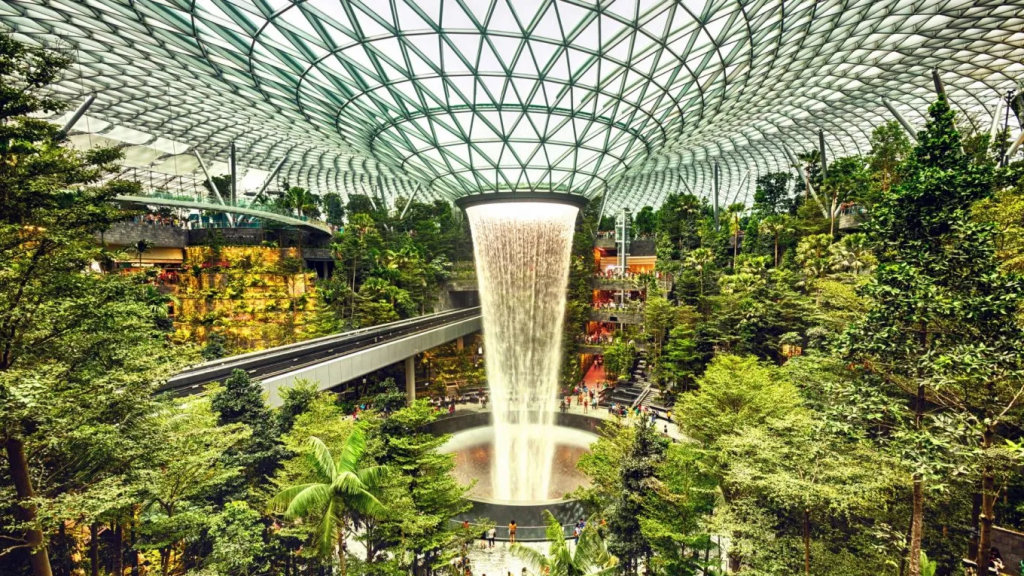
Singapore’s main airport is Changi Airport (SIN). It’s known for its exceptional facilities, including gardens, shopping, dining options, and even a butterfly conservatory. Changi consistently ranks among the world’s best airports for its efficiency and passenger experience.
Visa
Citizens from many countries can enter Singapore for short visits (typically up to 30 days) without a visa. This includes countries like the United States, Canada, Australia, and most European nations.

Bank & ATM
Singapore has a well-developed banking system with numerous banks and ATMs available throughout the city. Some of the largest banks include DBS Bank, OCBC Bank, UOB (United Overseas Bank), and Standard Chartered. ATMs are widely available in shopping malls, airports, and along streets. Most major banks have ATMs that accept international cards and ATMs dispense Singapore dollars (SGD).
Currency
The currency in Singapore is the Singapore Dollar, abbreviated as SGD, usually represented as “$” or sometimes “S$” to distinguish it from other dollar-denominated currencies.

Singapore Dollar banknotes come in denominations of S$2, S$5, S$10, S$20, S$50, and S$100. The notes are colorful and feature various historical figures and landmarks. Coins are available in denominations of 5 cents, 10 cents, 20 cents, 50 cents, S$1, and S$5.
Custom Allowances
Travelers can bring in goods worth up to S$500 without incurring duty. If you’re under 18, this limit is S$400. Maximum 1 liter of spirits (above 22% alcohol by volume) or wine, 200 cigarettes are allowed.
Electricity
In Singapore, the standard electricity supply is 230 volts with a frequency of 50 Hz. Here are some important details:
Plug Types
The common plug type used is Type G, which has three rectangular prongs in a triangular formation. If you’re traveling from a country that uses a different plug type, you’ll need a plug adapter
Food
Singapore is a culinary paradise, known for its diverse and vibrant food scene. Some highlights are:
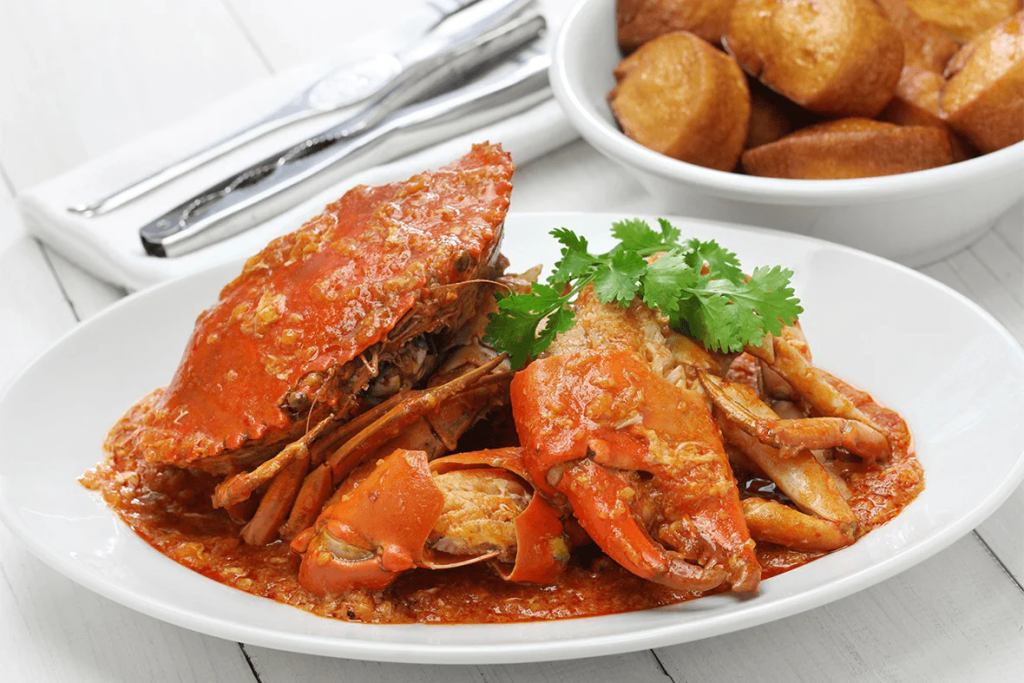
Hainanese Chicken Rice: Tender chicken served with fragrant rice, accompanied by chili sauce and ginger paste.
Chili Crab: A famous dish featuring crabs cooked in a tangy, spicy tomato-based sauce.
Laksa: A spicy noodle soup with coconut milk, often made with prawns or chicken.
Char Kway Teow: Stir-fried flat rice noodles with prawns, Chinese sausage, eggs, and bean sprouts.
Roti Prata: A flaky flatbread often served with curry.
You can find everything from Indian to Chinese, Malay, and Peranakan cuisine in many food centers. You can also find excellent international cuisine, including Indian, Italian, Japanese, and Middle Eastern food at many restaurants from high-end dining to casual eateries.
Health & insurance
It’s always best to consult with a healthcare provider or travel clinic for personalized advice based on your health history and travel plans. They can provide the latest updates on any vaccination requirements or recommendations.
Travel insurance is not a mandatory requirement for tourists visiting Singapore, but it is highly recommended. Look for policies that provide comprehensive coverage, and compare different providers to find the best fit for your needs.
While travel insurance isn’t a requirement, having it can provide peace of mind and financial protection during your trip.
Hotel options

Singapore offers a wide range of hotel options to suit different budgets and preferences from luxury hotels, to mid-range hotels, budget hotels, boutique hotels, to hostels. For business travelers, look for hotels near the Central Business District (CBD) like the Conrad Centennial or Pan Pacific Singapore. For families, you may consider family-friendly options like the Shangri-La Hotel or the Novotel Singapore Clarke Quay.
Internet
Singapore has one of the most advanced and reliable internet infrastructures in the world. It consistently ranks among the countries with the fastest internet speeds globally, with average speeds often exceeding 200 Mbps. The government provides free Wi-Fi through the Wireless@SG initiative, with hotspots located throughout the city in public areas like parks, malls, and transport hubs. Prepaid SIM cards can be easily purchased at the airport and convenience stores for visitors.
Public holidays
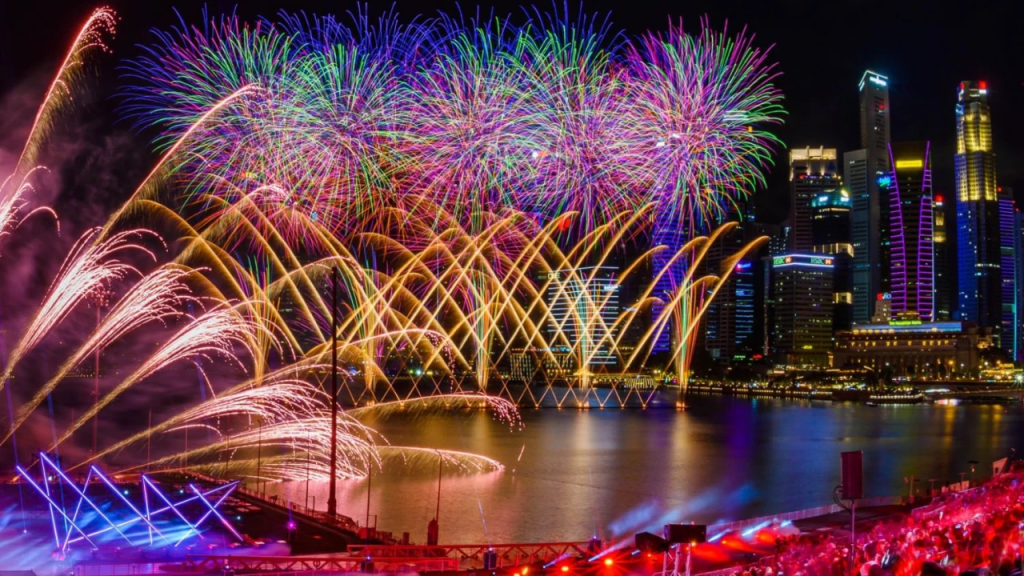
Singapore has several public holidays throughout the year, celebrating its multicultural society. Here’s a list of the main public holidays:
Fixed Date Holidays
- New Year’s Day – January 1
- Hari Raya Puasa – Celebrated at the end of Ramadan (date varies)
- National Day – August 9
Movable Date Holidays
- Chinese New Year – Usually in January or February (two days)
- Good Friday – Date varies (Christian holiday)
- Hari Raya Haji – Date varies (Islamic holiday)
- Deepavali – Date varies (Hindu festival)
- Vesak Day – Celebrated on the full moon in May (Buddhist holiday)
Additional Notes
- Public Holidays Observed: If a holiday falls on a Sunday, the following Monday is typically observed as a public holiday.
- Cultural Celebrations: Many of these holidays are accompanied by vibrant cultural events and festivities.
In general, Singapore celebrates a variety of cultural festivals, such as Chinese New Year (January or February), Hari Raya (Muslim festival), and Deepavali (Hindu festival in October or November). If you are interested in experiencing the multiculturalism of Singapore, traveling during these events is an excellent option.
Religion

Singapore is a multicultural and multireligious society, with a rich tapestry of beliefs. Major Religions are Buddhism (the largest religion in Singapore, primarily followed by the Chinese community), Islam (the second-largest religion, predominantly practiced by the Malay community); Christianity (a significant religion with a diverse following, including Catholics and various Protestant denominations); Hinduism (mostly practiced by the Indian community, with several temples dedicated to different deities); Taoism (practiced by many Chinese, often intertwined with Buddhism and folk beliefs). Singapore promotes religious harmony through dialogue and community engagement.
Timezone
Singapore operates on Singapore Standard Time (SGT), which is UTC+8. Singapore does not observe daylight saving time, so the time remains consistent throughout the year. SGT is 8 hours ahead of Coordinated Universal Time (UTC+0) and does not change. This makes Singapore’s time zone the same as several other regions, including parts of China, Malaysia, and the Philippines.
Tipping
Tipping in Singapore is not a common practice and is generally not expected. Most restaurants include a service charge (typically 10%) on the bill. This means that tipping is not necessary, though rounding up the bill or leaving small change is appreciated. It’s common to round up the taxi fare to the nearest dollar, but it’s not obligatory. While not required, you can tip hotel staff for exceptional service, usually a small amount (e.g., $1–$5).
Singaporeans are generally quite comfortable with the idea that good service is part of the job, so tipping is less emphasized compared to some other countries.
Water
In Singapore, tap water is safe to drink and is of high quality, meeting strict safety standards set by the National Water Agency, PUB. Many public areas have water dispensers and fountains where you can refill your bottles. While tap water is safe, some people prefer to use water filters for taste, particularly if they have concerns about chlorine or other minerals.
Weather
Singapore enjoys a humid tropical climate all year round, which means that there is no defined ideal season to visit. Temperatures remain between 25°C and 32°C throughout the year. The rainy season runs from November to January, although rainfall is usually brief and does not interfere too much with tourist activities.
Emergency contact numbers
In Singapore, here are some important emergency contact numbers:
Police: 999
- Ambulance and Fire Services: 995
- Non-Emergency Police Line: 1800-255-0000
- Singapore Civil Defence Force (SCDF) Emergency Hotline: 1800-283-9999
- Emergency Medical Services (for non-emergency situations): 1777
